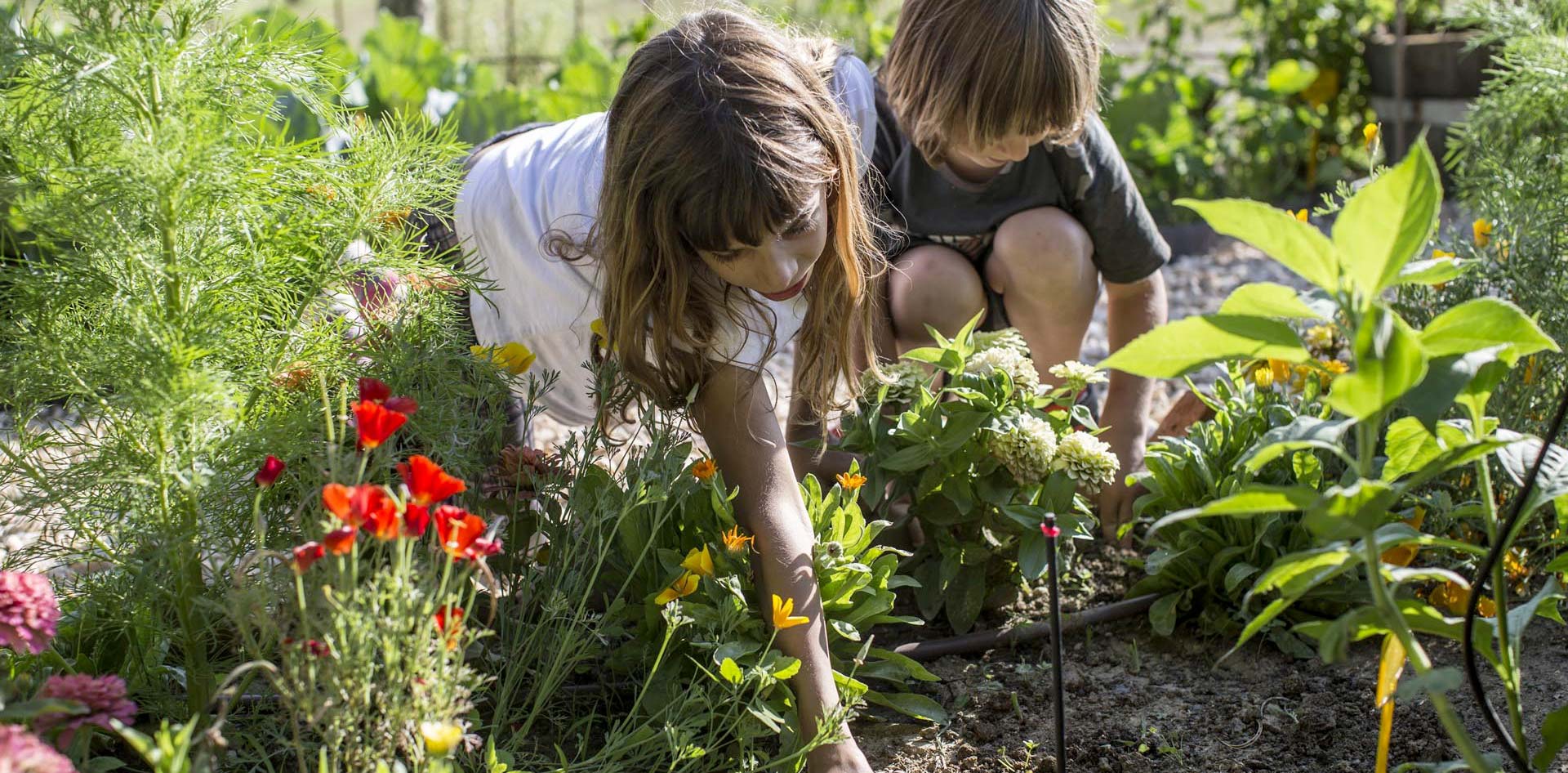
You have not added any products to your cart
Shop
Our vegetable garden
Gardening biodynamically will deepen your understanding of the life processes that happen in the garden and enhance the quality and flavor of the food you grow.
The biodynamic garden
Look at the word "biodynamic", derived from the Greek: bio means life and dynamic means force.
The ideal biodynamic garden includes both plants and animals and we created a garden that attracts such common creatures as earthworms, bees, ladybugs, praying mantises, birds and other beneficial insects, including microbial ones in the soil.
Treatments based on officinal herbs
In our biodynamic garden, compost is treated with preparations made from fermented medicinal herbs, which enhance the nutrient availability and microbial activity in the compost, and in turn the garden soil. Six herbs we used to make the Biodynamic compost preparations: yarrow flowers, chamomile blossoms, stinging nettle, oak bark, dandelion blossoms and valerian flowers.
Biodynamic sprays
There are also three Biodynamic spray preparations, made with manure, ground quartz crystals and the herb equisetum (also known as horsetail). These are each applied to the soil or plants at specific times in the year to enhance the health and fertility of the garden. The preparations are available to purchase from some farm stores but as adventurous gardeners as we are, of course, we make them our own.
Vital forces of nature
Biodynamics sets out to work with the influence of the invisible energies and forces that exist, as well as those we can see around us. And the purpose of biodynamics is to deepen our understanding of the life forces that underlie nature's processes in order to produce food of the highest quality.
Soil health and the human relationship
There is no doubt that organic gardening and farming, which depend on building and maintaining soil fertility and managing land ecologically, are systems that have restored our understanding of the importance of soil health and its relation to human health.
